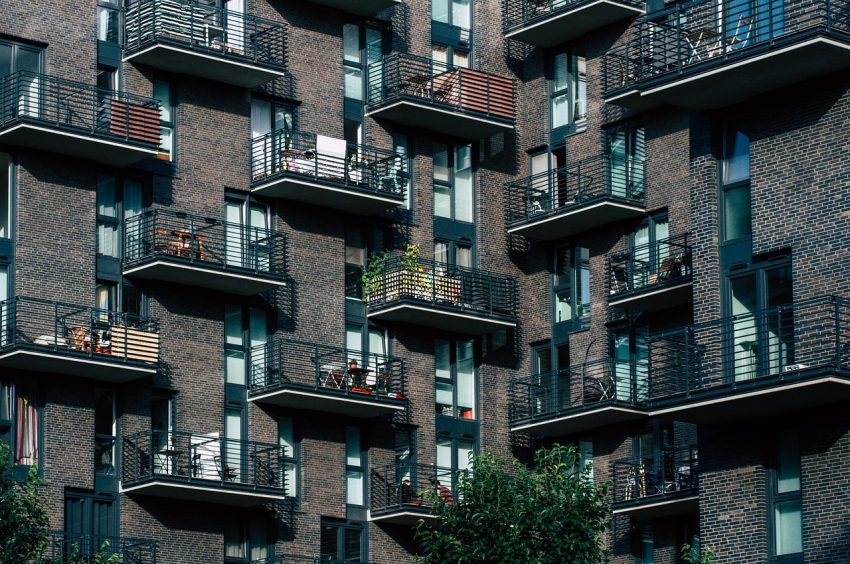Property maintenance is often viewed as an operational chore, yet it is a critical element of long-term asset management. Whether you’re managing residential properties or commercial buildings, regular upkeep can significantly impact everything from value retention to profitability. This article explores the multiple benefits of property maintenance, highlighting why it’s a non-negotiable for property owners and managers alike.
Preserving Property Value
A well-maintained property invariably holds its worth over time. Elements such as peeling paint, clogged gutters, or ageing electrical systems can cause a property’s market value to decline. By maintaining the structure and its systems, you guard against wear and tear that could otherwise erode property values over the years.
For example, keeping up with exterior paintwork not only maintains aesthetics but also protects surfaces from environmental factors like water damage or UV exposure. These small, consistent efforts act as a stabilising force, ensuring that the property remains competitive in its valuation.
Cost Savings Through Regular Maintenance
Regular upkeep is a cost-saving strategy in the broader context of property management. Addressing minor issues early can prevent them from escalating into costly repairs. For instance, poorly maintained roofs can lead to water leakage, which, if unattended, might make way for structural damage or mould infestations – both expensive to rectify.
Additionally, systems such as HVAC units that are maintained consistently operate more efficiently, reducing energy bills and prolonging the lifespan of the equipment. Proactive maintenance not only keeps expenses under control but also aids in budget predictability, helping property managers account for upcoming costs.
To find reliable services for keeping your property in excellent condition, you can search on Google using the keyword “property maintenance Surrey.” This will help you discover local experts who offer everything from routine repairs to full-scale upkeep solutions.
Enhancing Safety and Comfort
Ensuring occupant safety is a fundamental responsibility of property management. Hazards like cracked pavements, outdated wiring, or unsafe staircases can pose significant risks if ignored. By addressing these issues promptly, you minimise potential liabilities and enhance the overall sense of safety for residents or tenants.
Furthermore, a maintained property fosters comfort. Reliable heating systems, functional plumbing, and well-lit spaces all contribute to a positive living or working environment. This directly affects the satisfaction and well-being of those using the property, making maintenance an investment in their experience.
Attracting and Retaining Tenants
When tenants assess properties, maintenance often plays a decisive role in their choice. A tidy, well-cared-for property signals that the owner or manager is responsible, which can build trust and attract interest. From clean communal areas to smoothly functioning facilities, every detail counts in creating an appealing environment.
Retention is equally influenced by maintenance efforts. Tenants dissatisfied with recurring issues, such as faulty appliances or neglected maintenance requests, are more likely to vacate. Higher tenant turnover leads to increased costs for finding replacements and potential revenue gaps. Commitment to maintenance not only attracts tenants but encourages their long-term occupancy.
Environmental Responsibility
Property maintenance also has a role in reducing environmental impact. Repairing leaking taps or installing energy-efficient lighting and appliances minimises resource wastage, contributing to a more sustainable approach to building management.
Sustainability-conscious tenants increasingly favour properties that demonstrate environmental responsibility. Investing in energy efficiency and eco-friendly systems during routine maintenance not only benefits the planet but also aligns with evolving market preferences.
The Importance of Proactive Maintenance
Proactive property maintenance is a vital practice that guards against depreciation, reduces costs, and fosters safety, comfort, and tenant satisfaction. For property owners and managers, maintenance should not be seen as an optional activity but rather an integral, ongoing responsibility. Ultimately, a well-maintained property is positioned for long-term success, offering value to both its owners and its occupants.
By taking consistent action today, you’re laying a foundation for future financial stability and operational efficiency. Remember, the properties that endure are the ones that are consistently cared for.

